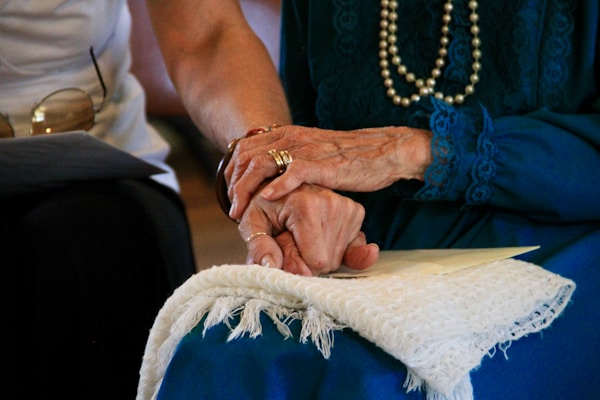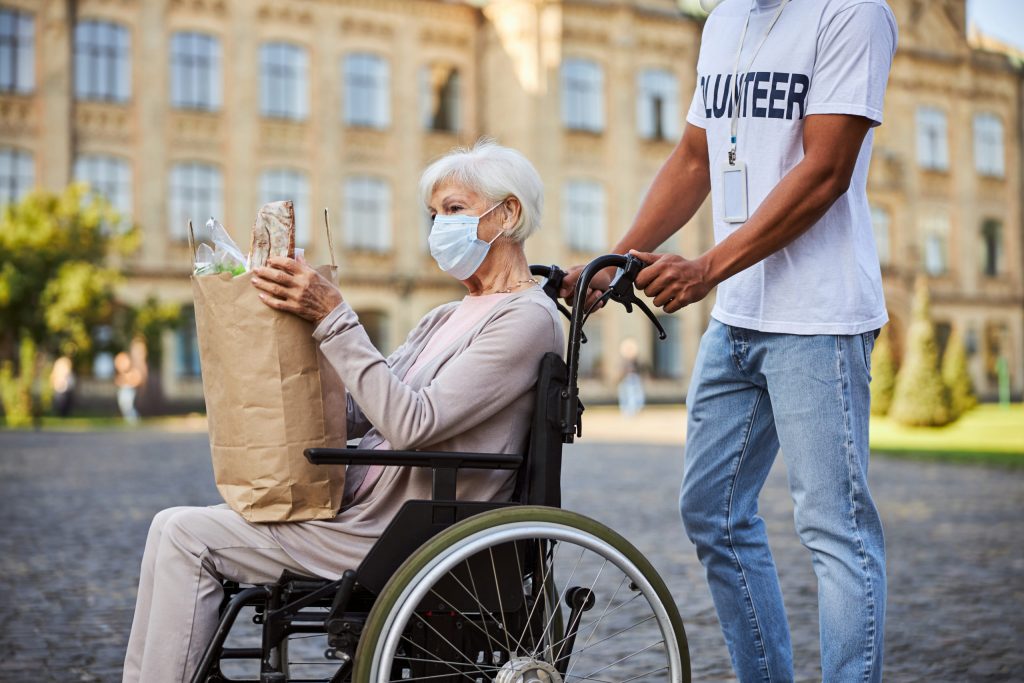It is crucial to do what you can to care for a loved one with health challenges because they may not be able to do it themselves. You may be the only one who can help them get through the day. They may also need someone to talk to about their condition and how they are feeling. Caring for a loved one with health challenges can be a lot of work, but it is worth it. However, it’s understandable if you feel intimidated or don’t know enough about their health condition to feel like you can help. The good news is there’s a lot you can do to support them. If you want to learn more, keep reading to find out what you can do to care for a loved one dealing with health challenges.
How can you support a loved one with health challenges?

What type of support you should look to provide will depend on the specific health concerns that your loved one has. If they’re related to aging, you can look into finding a healthcare facility in your area that provides excellent services to senior citizens. Seniors typically need more comprehensive healthcare than younger adults. This may include regular checkups, screenings for various health conditions, and more extensive treatment for existing health conditions. Some of the most common health concerns for seniors include heart disease, stroke, arthritis, and Alzheimer’s disease.
Cancer is another major concern for most people. It’s necessary to learn about their risk profile and get evaluated on a regular basis, as recommended by your doctor. Being aware of the early signs and symptoms of conditions like brain tumors can be beneficial, as a prompt diagnosis can make a huge difference in treating many illnesses and other health conditions. Learn as much as you can about the particular hurdles that they’re dealing with and look for ways that you can make their daily life a little easier and enable them to access the care they need.
If your loved one is going through a difficult time, they may need someone to talk to who will not judge them. Listen to them and let them talk about their feelings. It is natural for your loved one to feel overwhelmed and down at times, but try to help them to stay positive. Encourage them to set small goals and celebrate their accomplishments.
What can you do to create a safer home environment for your loved one?

There are a variety of home modifications that can be extremely beneficial for people with accessibility needs. Some of these modifications may include installing a ramp for wheelchair access, widening doorways, installing grab bars in the bathroom, and lowering kitchen cabinets. These are just a few of the many home modifications that can be helpful for people with accessibility needs. If you are considering a home modification, be sure to consult a professional to ensure that your home improvement projects are completed and that you can trust the quality of the work.
The use of products that contain VOCs (volatile organic compounds) can exacerbate the symptoms of many health conditions and put you at risk of developing new ones. VOCs are organic chemicals that vaporize at room temperature. Many VOCs are harmful to human health and the environment. Some VOCs can cause health problems such as respiratory problems, headaches, and skin irritation. Others can cause environmental problems such as ground-level ozone and smog. Some common products that contain VOCs include paints, disinfectants, cleaning products, and pesticides.
As you can see, there are several steps you can take to assist a loved one who is struggling with their health. You can start by getting them access to the healthcare services they need and being proactive about looking for symptoms of common conditions they may be at risk for. Social support matters too, talk to them frequently and check in to see if they need assistance or just someone to talk to. You can protect them in other ways as well, like investing in home modifications like grab bars or wheelchair ramps and avoiding the use of harmful chemicals like VOCs. Follow these tips and you can be sure you’re taking the best possible care of your loved one.











